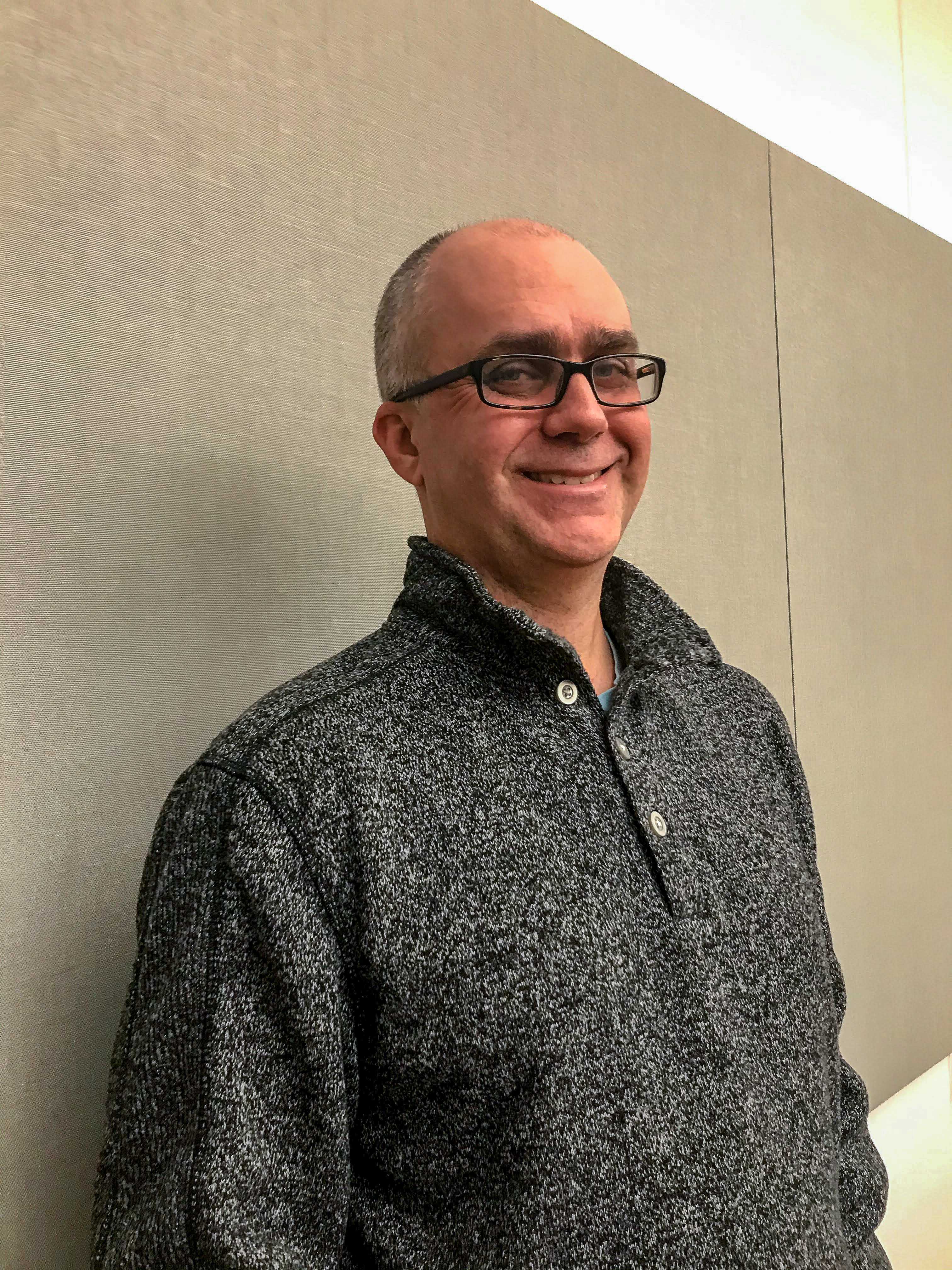By Maya Dru
drumaya@grinnell.edu

As Iowa ramps up for the primaries on Feb. 3, disability justice advocates argue the caucuses are not accessible to everyone and limit democracy in Iowa — and that the Iowa Democratic Party (IDP) is not siding with voters when they should.
A “primary election is inherently more accessible,” explains John Grennan, the co-chair of Poweshiek County Democrats. “Iowa is really eager to hold on to its first-in-the-nation-status.” If Iowa turns to a primary systems, more disabled voters can be involved in the process, but Iowa may become less distinctive as a first-in-the-nation contest.
Unlike primary elections, caucuses are loud, bright and crowded. This makes caucuses uniquely inaccessible to voters with sensory sensitivities and disabilities. Bathroom breaks are often short and infrequent, posing extra difficulty for voters with mobility or digestive disabilities. Caucus participants are encouraged to “vote with their bodies” by moving with their candidate’s supporters.
In Poweshiek County, voters must arrive between 6 and 7 p.m., and ideally, stay at the caucus for an estimated two hours. “6:30 to 7 is a privileged time,” Bethany Willig ’23 said. The time frame poses a particular barrier for some Dining Services employees, who will need to choose between working their shift and exercising their civil rights.
According to the IDP, this year voters can submit an online form for accommodation requests. Moreover, all sites are ADA-accessible and do not allow food in the caucus (which would otherwise pose a threat to voters with allergies).
Autumn Wilke, Grinnell College’s assistant dean for disability services, said in an email to The S&B that “The accessibility efforts, at least on paper, for this caucus and election cycle have exceeded those that I have seen in the past.”
Disabled voters, however, say the IDP is not going far enough. Many take issue with the fact that the accommodation form went live only a month ago. While the Office of the Iowa Secretary of State estimates 300,000 Iowans of voting age have disabilities, the IDP reports that they have only received 150 requests.
And until January, it was unclear for voters with disabilities where to submit their requests. The Iowa Democratic Party? Their county Democrat association? The venue of the caucus itself? The IDP demands that individuals must submit accommodation requests—not organizations. So when voters reach out to disability rights organizations, the organizations need to redirect the voters to the IDP.
John Grennan maintains that the Iowa Democratic Party “hedged its bet” on tele-caucusing, where voters could caucus from home. This would allow disabled voters to more easily participate in the caucus.
But the national Democratic Party rejected the Iowa’s tele-caucusing proposal, citing security concerns in late August. The IDP scrambled to make caucuses more accessible. On Jan. 13, Amanda Koski joined the Iowa Democratic Party as Disability Director.
After tele-caucuses, disability rights advocates maintain that satellite caucus sites are the next best thing. Wilke notes that, for the first time, there will be satellite caucus sites, which can better serve Democrats with disabilities.
For example, some sites will operate completely in American Sign Language. Others will specifically cater to individuals with disabilities who would benefit from caucusing with similarly-abled people at an independent or assisted living center.
While the Mayflower Community, a local senior living home, agreed to be a satellite location for Poweshiek County, nearby county-level Democratic parties have struggled to find suitable venues. Often, Iowans with disabilities need to organize and advocate for satellite caucus sites on their own. “You’re putting the burden on people who already face burdens while voting,” said Grennan.
Caucuses are notoriously complicated to run. While Poweshiek County Democrats expect around 1,000 attendees, they have not received training on planning accommodations. Given the lack of guidance from the state party, Democrats with disabilities depend on local officials’ discretion to create and enact accommodations. County organizations, for the most part, need to address accessibility one accommodation request at a time.
“There is a bigger need than is being addressed,” asserts Grennan. As a county Democratic co-chair and caucus organizer, his goal is to get as many voters involved in the political process. “It’s an uphill battle,” says Grennan, “[but] we are hoping to make democracy feel possible.”























































